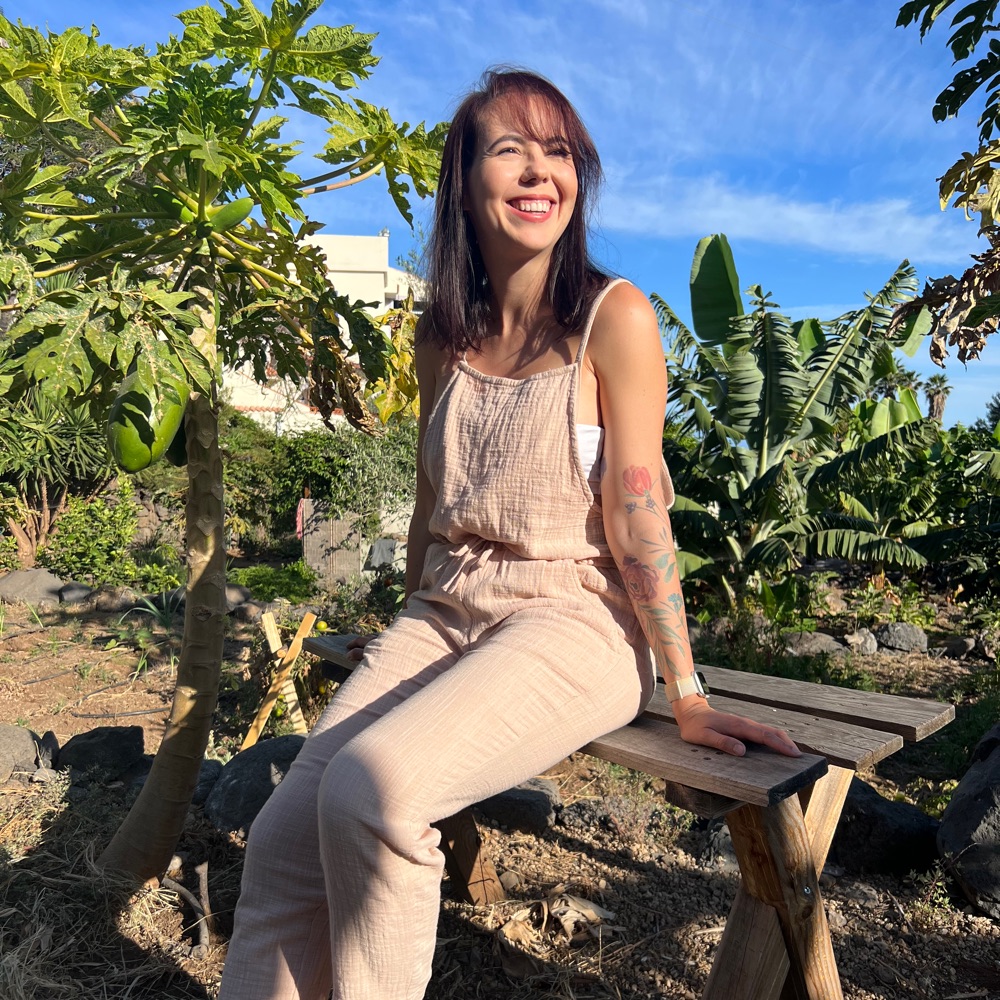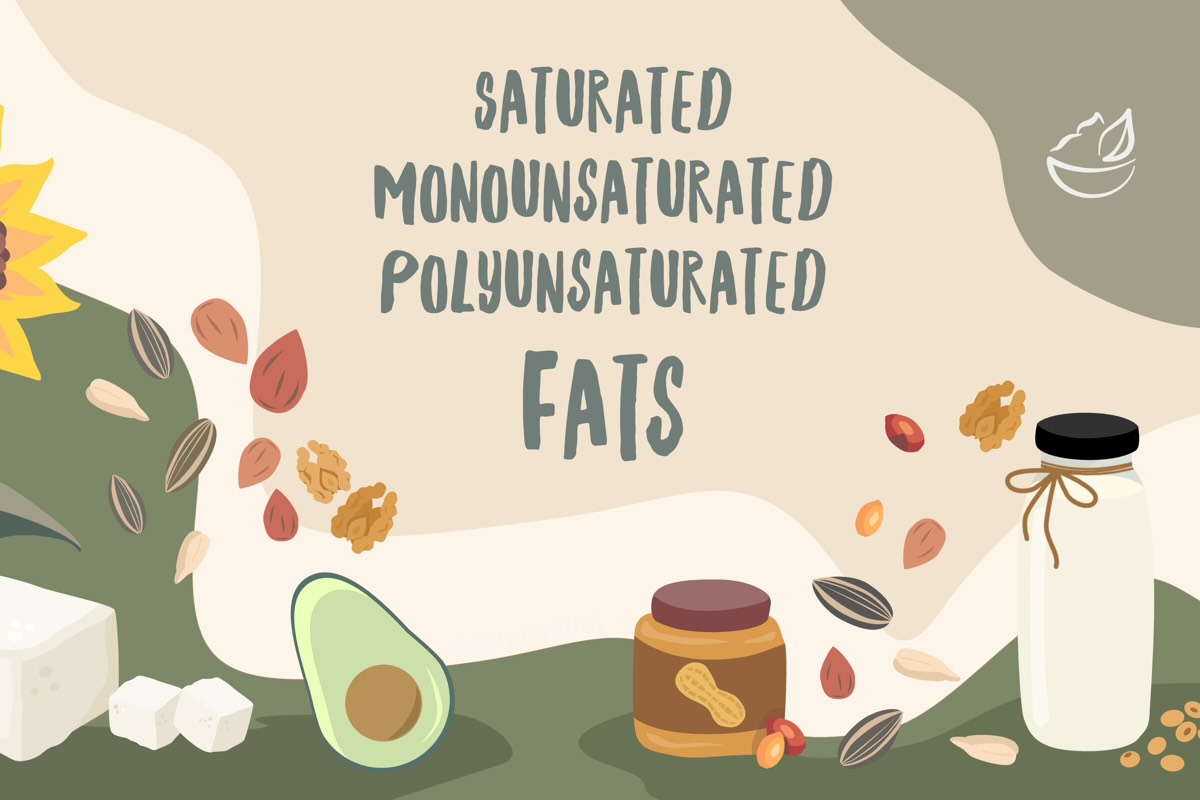People looking for Protein in Plant-Based Diets have said it quite often and we say it again: “Plant-based diets are not only flavorful but also wholesome”.
Deemed as incomplete, plant-based diets are sometimes discouraged for all the wrong reasons! If you’ve also heard the common myth that plant-based diets don’t fetch you complete proteins, we’re here to bust the myth bubble for you. Yes, you don’t need to consume chock full of protein plant-based sources all at once to consume the ideal amount of protein that your body requires.
We’re going to tell you how plant-based diets are a solid source of ‘complete protein. Yes, it is no rocket science and it is easier than you think it is. This blog is going to be your guide to dispel any uncertainties by providing data on the levels of all nine essential amino acids in a variety of plant-based sources to illustrate how simple it is to get “enough.”
Before we rush into that, let’s understand proteins better.
What Is The Concept Of Complete Protein?
Dietary proteins differ and vary based on their composition. They are made of amino acids and are categorized based on the number of essential amino acids they provide. acids
Amino acids are the building blocks of protein and are made of 20 amino acids. Out of these 20, only 9 are considered as ‘essential’ as the body can not produce them, unlike the 11 others your body produces. Therefore, you require an external food source to make up for the body’s requirement.
There are different proteins and their composition of amino acids such as complete, incomplete and complementary proteins.
Complete proteins are the ones that are inclusive of the essential amino acids in appropriate amounts. Animal foods such as eggs, dairy and plant-based food such as soy are a few examples of complete protein.
Do You Need To Combine Foods At Each Meal?
NO, you don’t need to feast on excessive amounts of rice and beans to fulfil your body’s daily protein and amino acid needs! The ‘Complementary protein’ concept has been long in existence and is continuing to thrive despite being way off the truth. Complementary protein consumption is the method of deliberately coupling plant proteins at each meal to establish a specific amino acid balance.
Why does the concept of Complementary proteins not hold a strong ground anymore?
Your body is a ‘pool of free amino acids.’ With the regular protein consumption, this pool keeps getting its refill. Therefore, whenever you consume a meal that lacks some of the essential amino acids, your body automatically draws from the pool to make it up for that and to create a balance. Therefore, as long as your diet consists of a good amount of plant-based protein intake, you don’t need to combine all food sources at once to complete the essential amino acids profile.
How Do You Meet Your Essential Amino Acids Requirement On a Plant-Based Diet?
Don’t Shy Away From Eating Enough Protein
Don’t sweat it! Just focus on eating enough protein throughout the day. If you’re still antsy about getting enough protein on a plant-based diet, simply do a little homework and bridge the gap between the protein you are consuming currently and the amount you should be consuming.
Include your diet with a wide variety of plant foods on a daily basis, such as beans, lentils, nuts, seeds, and whole grains, that are bound to provide you with the complete protein you require. These meals also contain vitamins and minerals, which provide added health benefits to your body.
To know more about Protein High Vegan Food Sources and get your hands on some exciting protein-rich vegan recipes, check out our blog here.
While eating protein is important, so is getting the timing right. Yes, eating at the right time is more important than the food you eat. Our bodies tend to absorb only 25-40g of protein per meal. Therefore, it is essential to make sure that you space your protein servings accordingly throughout the day.
Incorporate A Wide Variety Of Whole Foods In Your Diet
Whole foods are high in nutrients, fibre, vitamins, and minerals, and they have the whole nutritional profile that nature intended.
When it comes to protein and healthy nutrition, choose food options that have undergone the least amount of processing and are as close to their natural state as possible. Eat a wide variety of whole foods as they’re a rich source of protein in your diet. Some of them are nuts, milk, legumes, and whole grains; they provide you with enough protein and amino acids when consumed in a variety, whether you eat them straight, in savory or sweet recipes. Your health and body will reward you for the same.
What’s The Ideal Protein Intake You Should Take Per Day?
The Ideal Daily Value Of Protein For Consumption is 50 g per day. This is based on a 2,000-calorie-per-day diet; depending on your body and calorie needs, your Daily Value may vary and can be higher or lower.
We’re a team of two, consistently studying and educating about complicated nutrition basics and buzzwords to make it easier on the ones in our vegan community. To learn more about different ingredients that make up your flavourful meals and an unparalleled healthy experience, download our Plantiful app.




